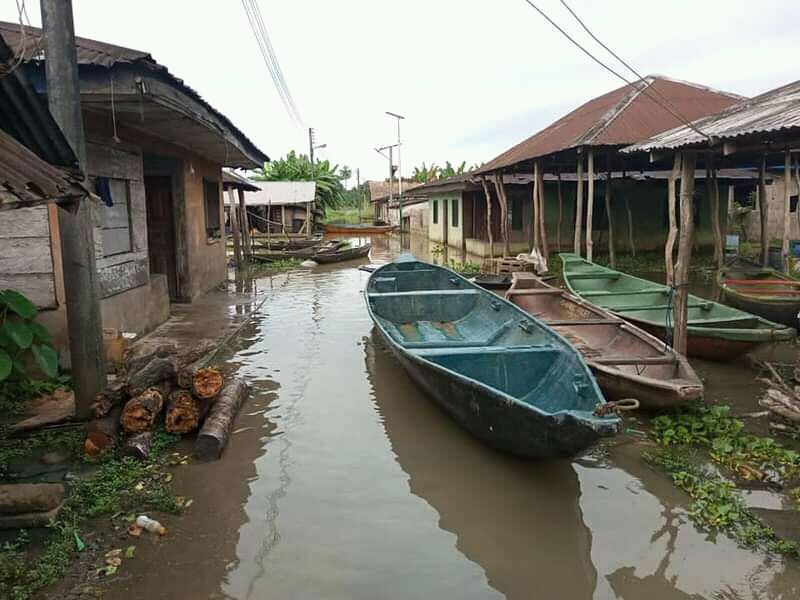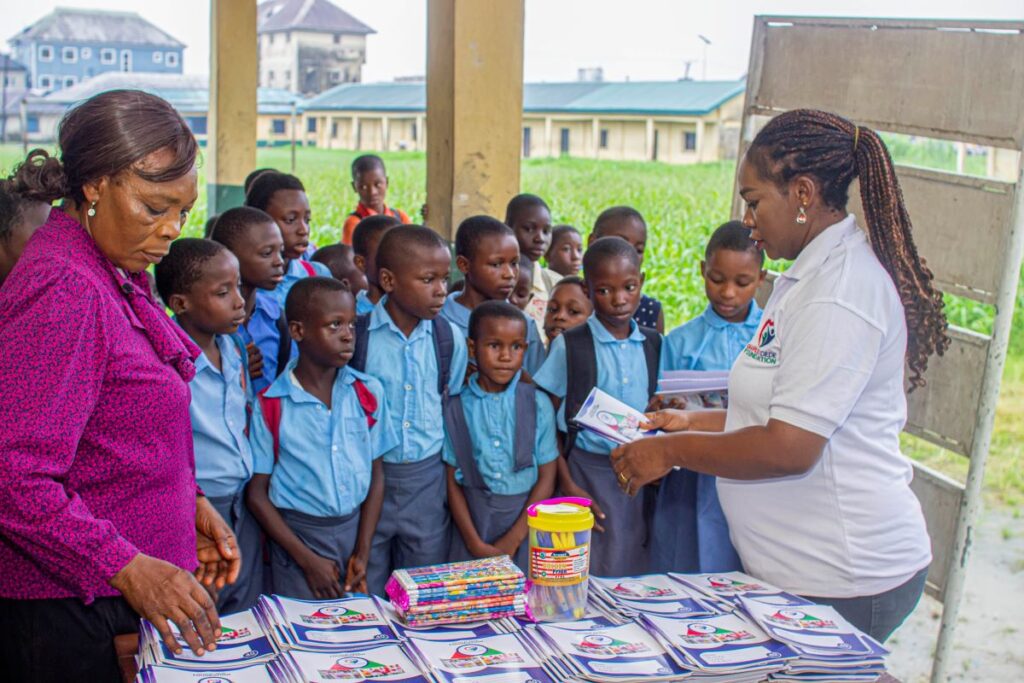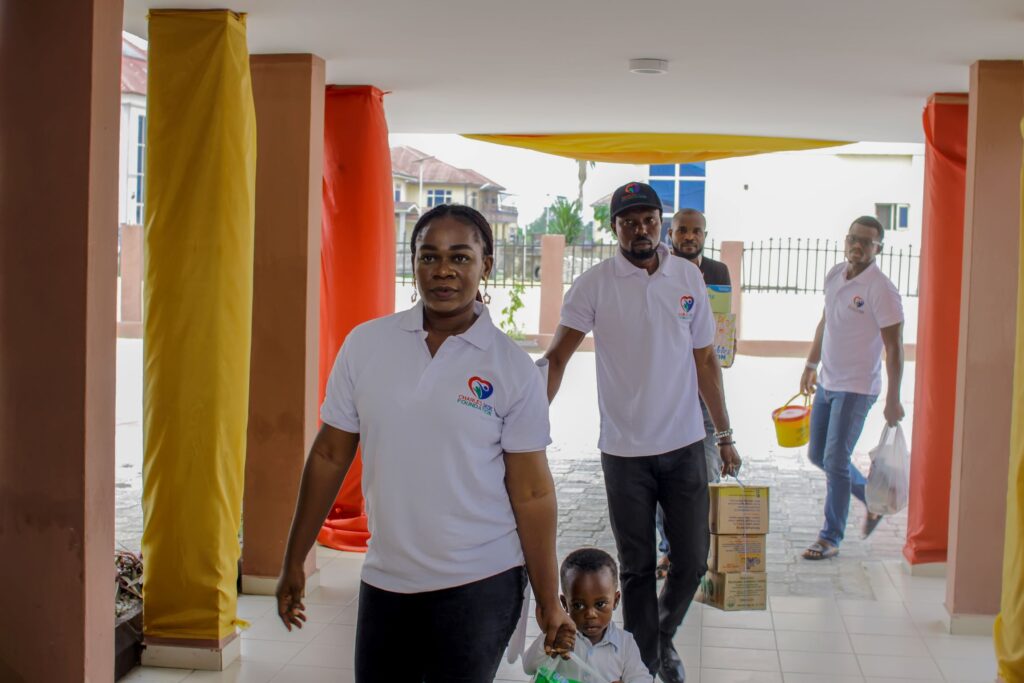In Nigeria, flooding is the most frequent natural disaster. A growing number of Nigerian states experience yearly floods during the rainy season as a result of increased precipitation connected to climate change.
Nigeria is among the West African nations most vulnerable to flooding. Every year, flooding occurs in several places. Inadequate drainage systems are one of the reasons this occurs during periods of intense rainfall.
In Nigeria, inadequate drainage system management exacerbates flooding. The risk of flash floods in cities is increased when there is a mix of excessive rainfall and inadequate or nonexistent drainage infrastructure.
Poor waste management, inadequate urban planning, the tarmacking of city streets, and the installation of drainage systems without consideration for climate change all contribute to the issue.
Rainfall unpredictability is unavoidable, particularly in the short term. Green engineering, however, can contribute to environmental and human safety.
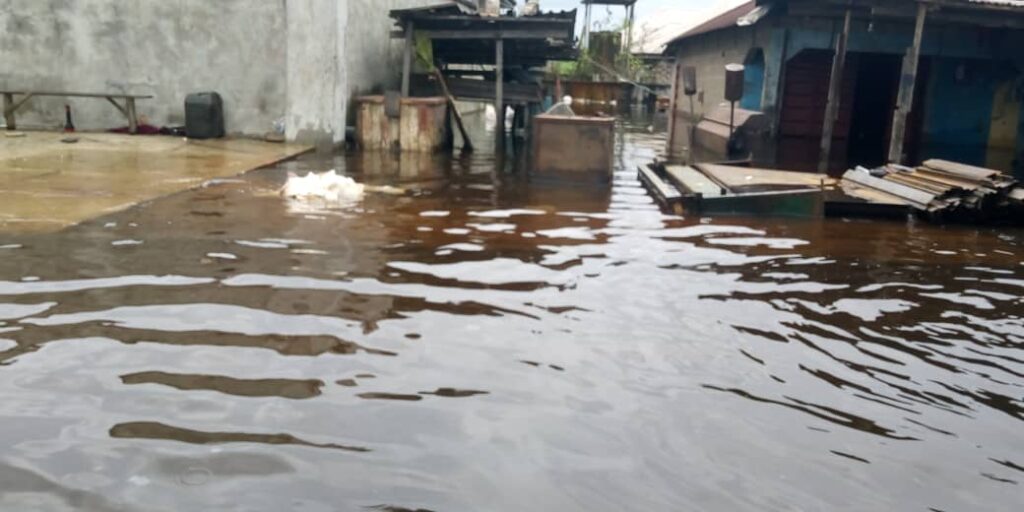
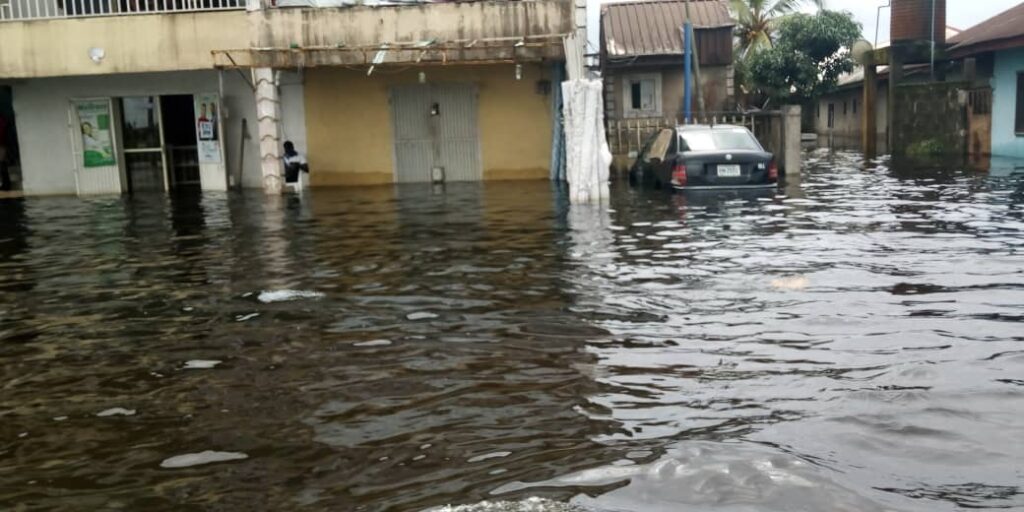
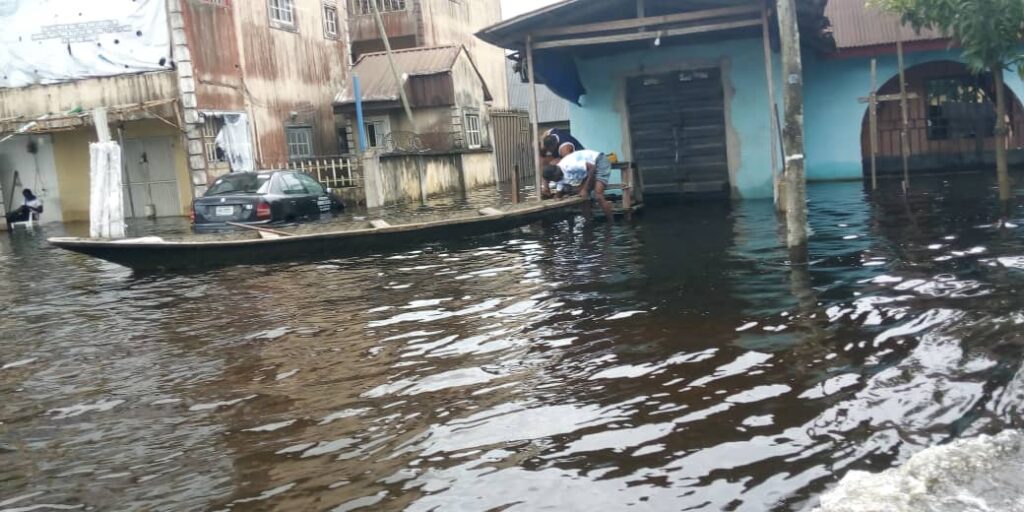
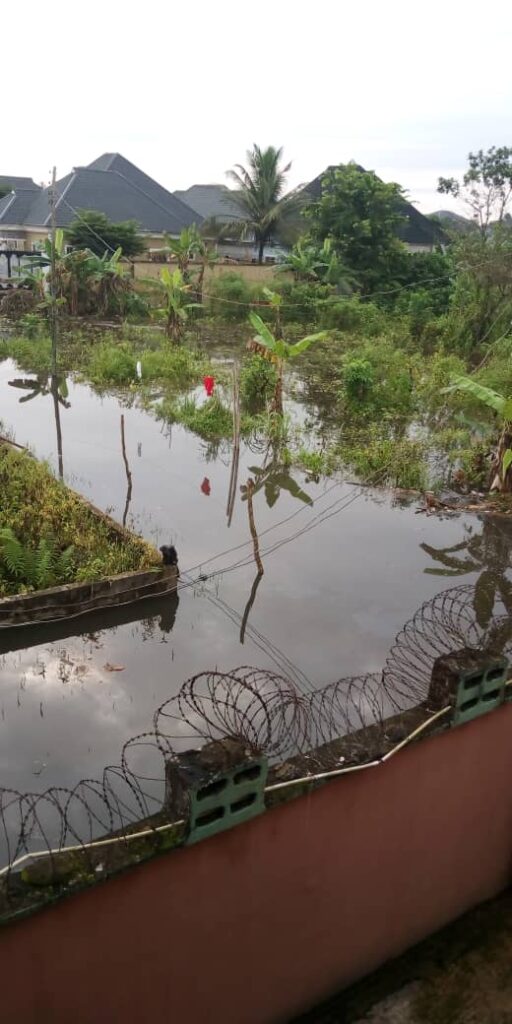
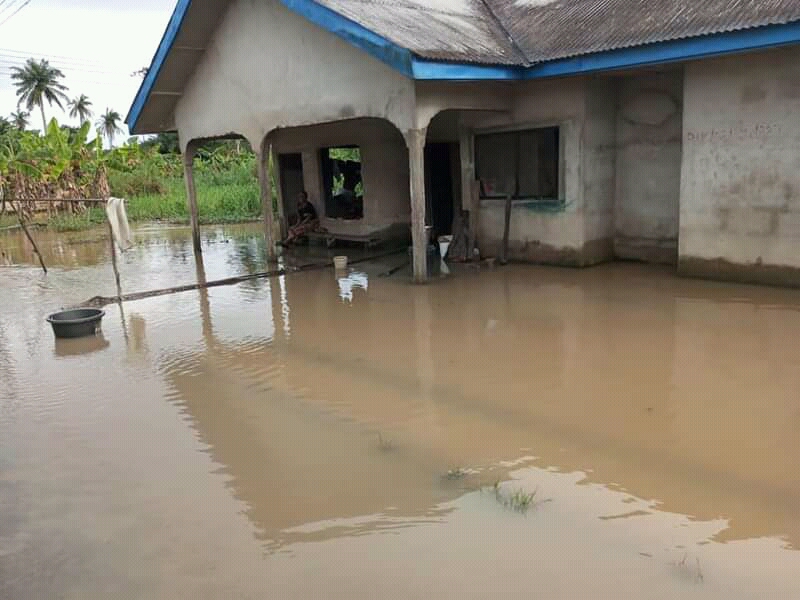
Channels or ditches, along with pipe that sends surplus rainwater and sewage to a point of disposal, can be used to build and improve drainage systems. Because they have so many advantages, including lessening the consequences of pollution, sustainable urban drainage systems are becoming more and more popular.
To address the immediate needs of Nigerian flood survivors and first responders, the Charles Dede Foundation is collaborating with responding partners. The Charles Dede Foundation will assist community-led, long-term recovery activities as needed when immediate needs are satisfied. The greatest method to assist those in need after a natural disaster, such as the floods in Nigeria, is with cash, food items, and other materials needed.
Make a donation today! https://charlesdedefoundation.org/donation/

